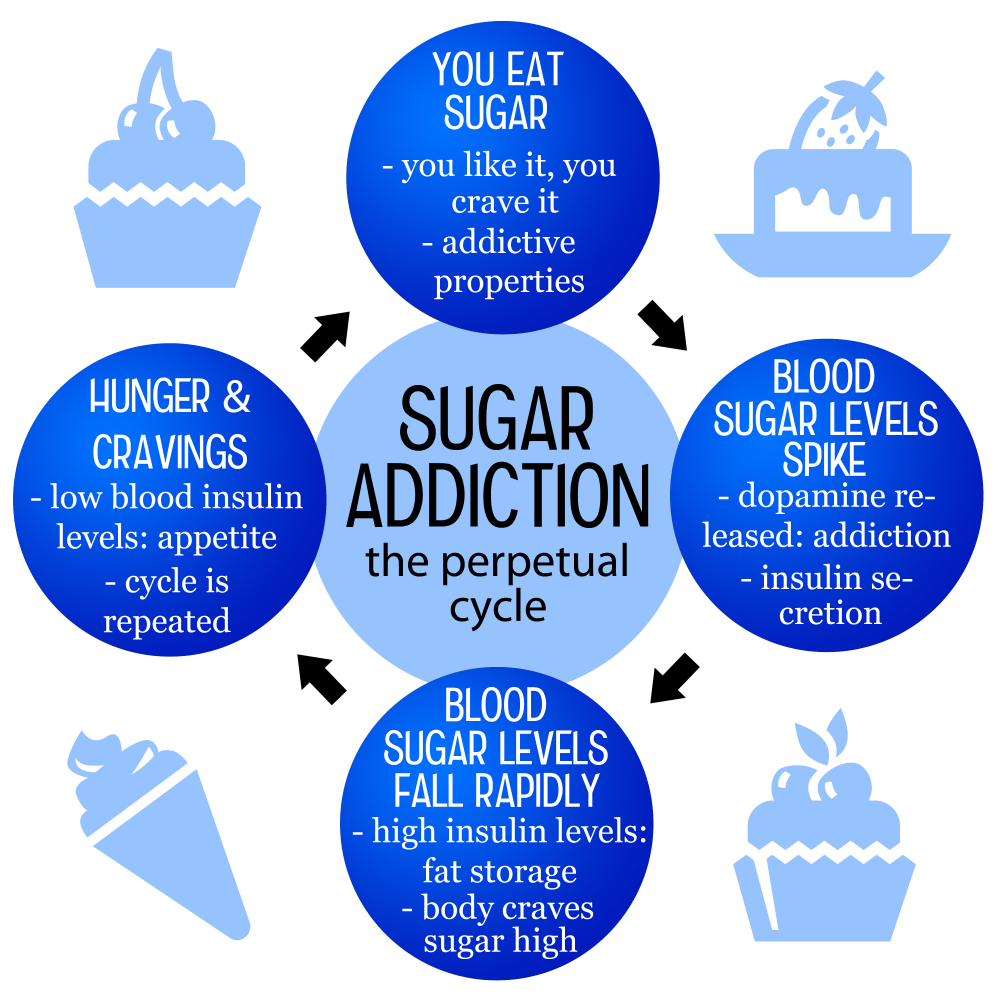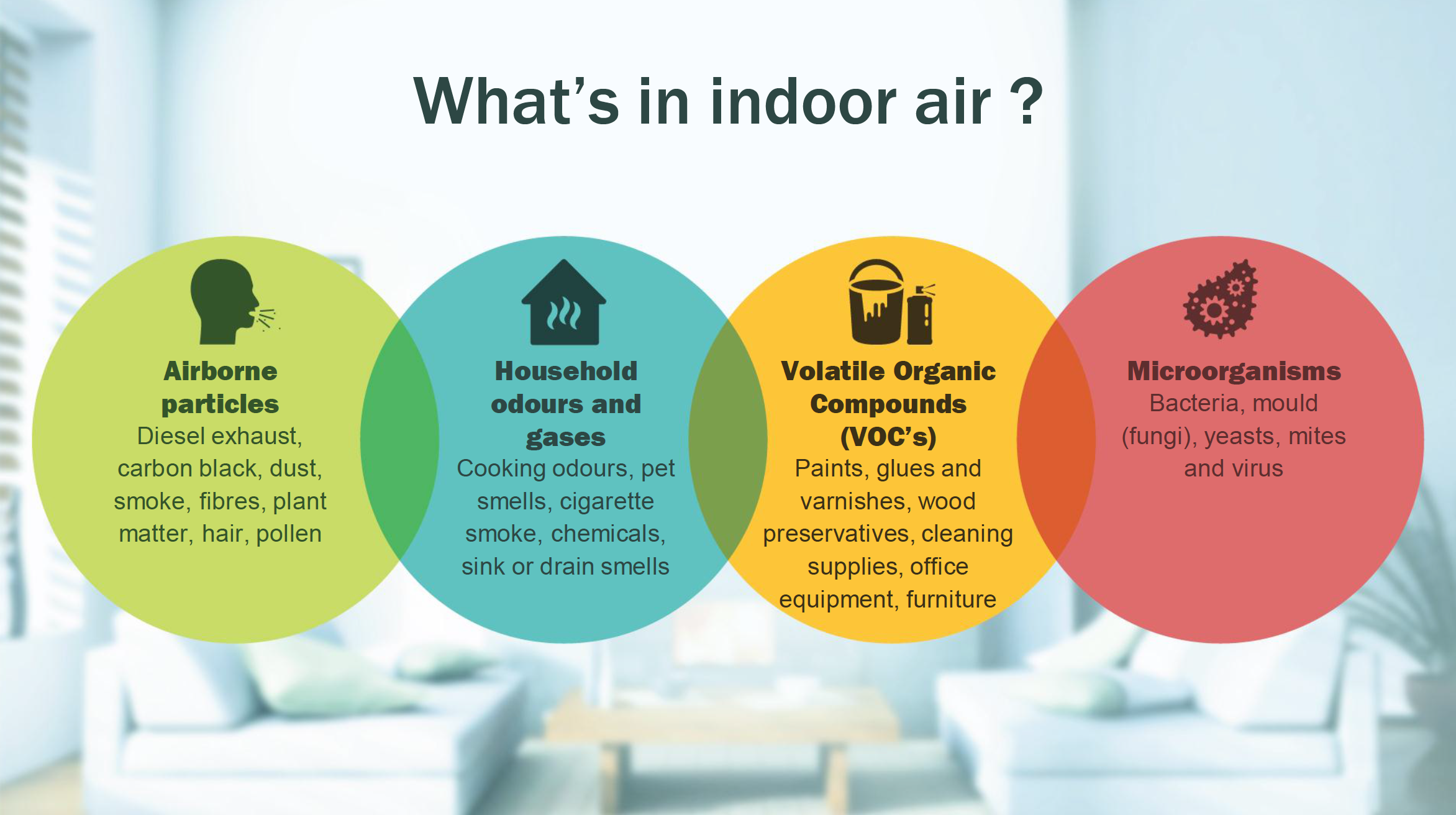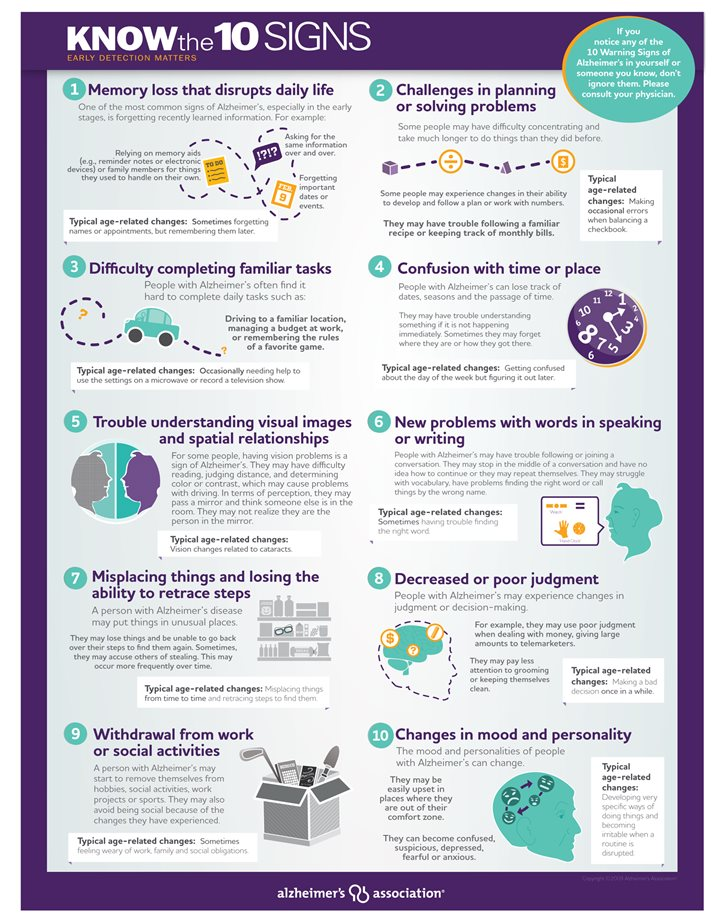U.S.biomedical innovation stands at the forefront of global health advancements, exemplifying the powerful synergy between academia, industry, and government.
U.S. Biomedical Innovation: A Legacy of World War II



U.S.biomedical innovation stands at the forefront of global health advancements, exemplifying the powerful synergy between academia, industry, and government.

Is sugar addictive?This intriguing question has sparked considerable debate among nutritionists and researchers alike.

Indoor air quality (IAQ) is a crucial yet often overlooked aspect of our health and well-being.As many people spend up to 90% of their time indoors, understanding the health effects of indoor air pollution becomes increasingly important.

AI in healthcare is rapidly transforming the landscape of medicine, offering unprecedented tools to enhance patient care and streamline clinical workflows.The integration of artificial intelligence in medicine promises numerous benefits, such as improving diagnostic accuracy and reducing the administrative burden on healthcare providers.

The early detection of Alzheimer’s is a crucial step in the fight against this devastating neurodegenerative disease.Researchers at Mass General Brigham have pioneered an innovative olfactory dysfunction test, revealing that a simple sniff can reveal significant insights into an individual’s cognitive health.

Chemical safety is a critical concern in our modern world, where industrial chemicals permeate every aspect of our lives, from the clothing we wear to the electronics we use.The presence of toxic chemicals in our day-to-day products poses significant health risks not only to individuals but also to the environment at large.

Exercise for colon cancer survivors is a crucial aspect of enhancing their quality and longevity of life post-treatment.Engaging in regular physical activity has been shown to narrow the survival gap between colon cancer patients and the general population.

Black infant mortality rates in the United States present a stark and alarming reality that highlights ongoing racial disparities in healthcare.While overall life expectancy in America has improved over the decades, the mortality rate for Black infants remains troublingly high, standing at twice that of their white counterparts.